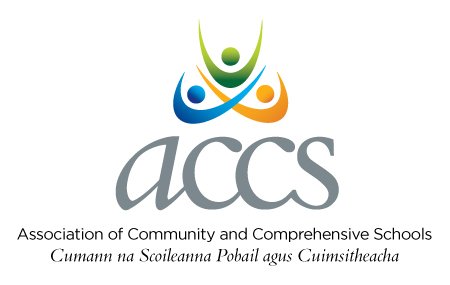14. Procurement Procedures
Last updated: Tue, Sep 20th, 2016 1:39:52 pm
14.1 Central frameworks and contracts are available from the Office of Government Procurement (OGP) and should be used in preference to undertaking individual procurement exercises. The Schools Procurement Unit is available to support and advise in procurement matters.
14.2 Competitive tendering should be standard procedure in the procurement process of schools. The Board should ensure that there is an appropriate focus on good practice in purchasing and that procedures are in place to ensure compliance with procurement policy and guidelines.
It is the responsibility of the Board of Management to satisfy itself that the requirements for public procurement are adhered to and to be fully conversant with the current value thresholds for the application of EU and national procurement rules.
In this regard, EU directives and national regulations impose legal obligations in regard to advertising and the use of objective tendering procedures for awarding contracts above certain value thresholds. See www.procurement.ie or www.etenders.ie for more information.
Information on procurement policy and general guidance on procurement matters is published by the Office of Government Procurement. This can be viewed or downloaded from the national public procurement website www.etenders.gov.ie.
14.3 The thresholds that apply for procurement are as follows (January 2014);
Less than €5,000 – Informal procedure, obtain at least 2 quotes
€5,000 to €25,000 – Obtain at least 3 written quotes
€25,000 to €134,000 – Advertise on e-tenders website
Above the EU threshold (€134,000) – advertise on e-tenders and on the Official Journal of the EU
14.4 The Board must determine in advance the tendering procedure to be used in each case. It is important that no allegation of impropriety arise during the process either in relation to commercial confidence or fair treatment. The procedure must include the following features:
Generally, three tenders must be obtained and more than that sought lest all invitations to tender are not accepted.
The invitation to tender may be issued directly to firms which would be capable of carrying out the contract or supplying the goods and are of good professional standing.
The invitation should be standard for all firms invited and contain adequate information concerning the scope and nature of the contract. Tenders invitations must be based on adequate specifications which must be in generic terms rather than in terms of particular brands. It should be clearly indicated that it is a condition for the award of the contract that a firm or individual must comply with tax clearance procedures where applicable.
A date for receipt of tenders must be specified.
All tenders should be opened together at the date and time set for receipt of tenders. No tender should be opened in advance nor should any tender information that may have become available through a casual remark from a supplier for example be passed on to others.
The opening of tenders should take place in the presence of at least three persons designated by the Board for the purpose, one of whom must be the Principal. A Finance Committee could also fulfil this function.
The tax clearance status of a firm should be confirmed before a contract is awarded.
Tenders received after the closing date should not be opened.
Tenders should be evaluated according to the principle of obtaining best value for money. Normally, the lowest tender must be accepted but factors such as experience, previous performance, quality standards and professional reputation should also be taken into account.
A report of each tendering procedure and reasons for selection in each case should be presented to the Board and minuted. This report together with the tenders received must be retained for audit purposes.
Where it is proposed to accept a tender other than the lowest suitable tender, a proposal to that effect showing the precise reasons for the course intended, must be formally put before a meeting of the Board.
Unsuccessful tenderers should be informed without undue delay if they have been unsuccessful.
14.5 Government Procurement.
The Department of Public Expenditure and Reform established the Office of Government Procurement (OGP) in 2013. The mission of this office is to deliver sustainable procurement savings for the tax payer by optimising value for money across the public service. Public service customers will have easy access to a high quality procurement service that they have confidence in and procurement staff can provide. This office will build on the work of the National Procurement Service which helped to secure savings in the purchase of services and material by public bodies through centralised tendering. As our schools receive more than 50% of funding from Government we are regarded as public bodies and subject to Department of Public Expenditure and Reform circulars on the issue.
The new procurement operating model for Public Service has been agreed by Government. When this is operational the Public Service will speak with one ‘voice’ for each category of expenditure. Common goods and services will be sourced under the OGP, formed from resources who will come together from across the civil and public service. Health, Education, Local Government and Defence will each retain a sector procurement function to procure sector-specific categories. Customer Departments and Agencies will continue with non-sourcing aspects of procurement.
Schools will be notified of the relevant information emanating from the office of Government Procurement pertaining to Education and schools. The process will be outlined and explained in detail through DES circulars with additional information on the practical supports needed being delivered by ACCS.
See also Section 13.3 on Purchasing and 13.4 on the Schools Procurement Unit.

